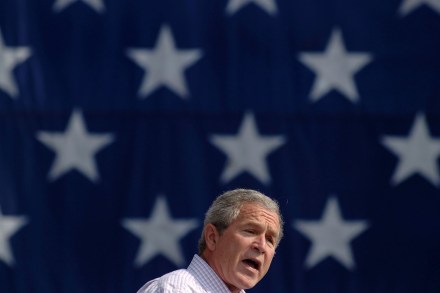Double trouble and strife
Is there anyone, hearing a story about bigamy, who does not feel a tiny jolt of admiration, even envy, for the wrongdoer? How many of us can say that, if we could suffer no ill consequences, we wouldn’t rather like to have a second household, with different plants in the garden, different curtains, a different — perhaps more exotic or sympathetic — spouse? Like walking a circus tightrope, bigamy requires daring, agility and a certain amount of dash: the onlooker cannot help but gasp at the feat. This is one of the reasons why stories about it hold such fascination. Another is that secret lives are always exciting, whether it’s






